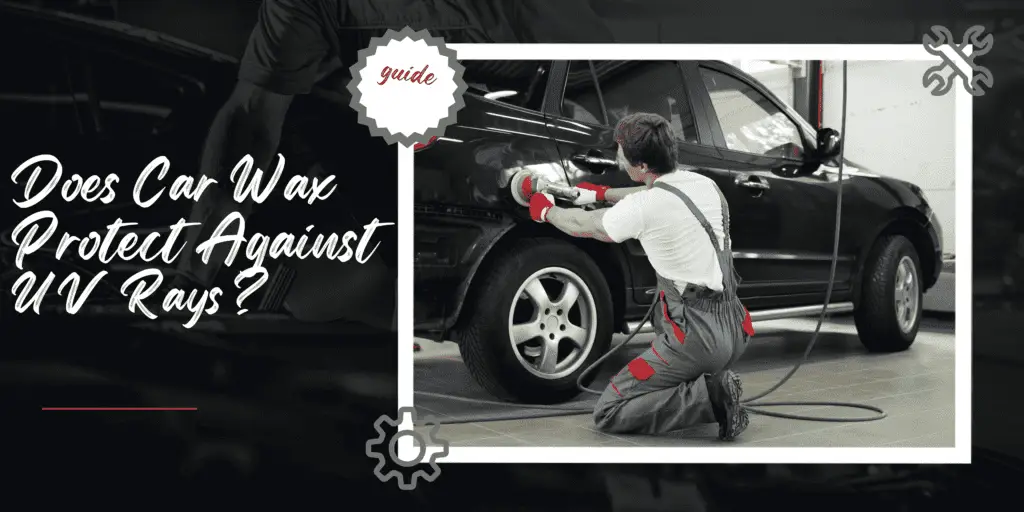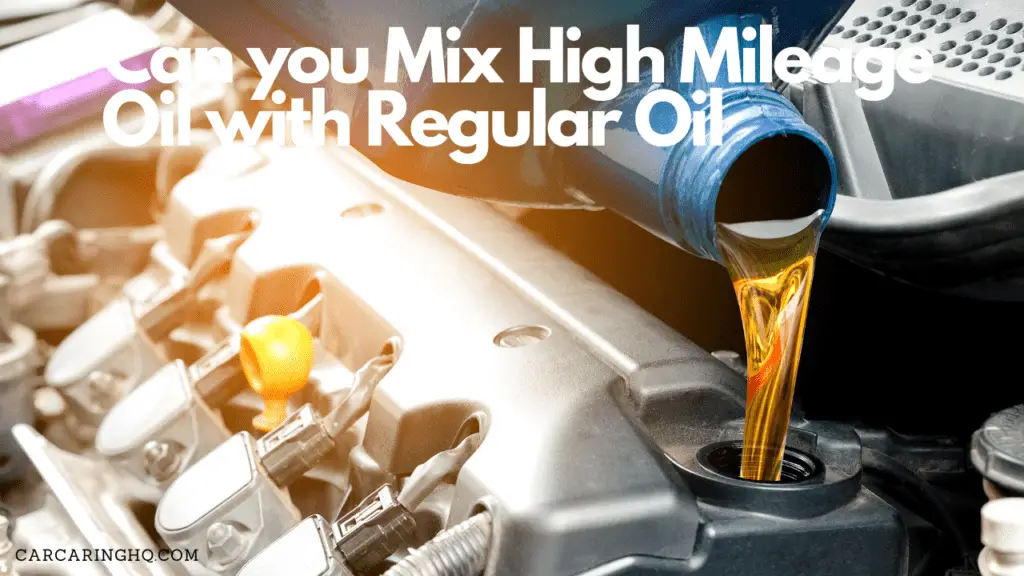In our quest for quick fixes and improvised solutions, it’s natural to wonder if we can use everyday household items for alternative purposes.
One such question that often arises is whether shampoo can be used as a lubricant in a car.
When faced with a lubrication issue in a car, it’s crucial to understand the importance of using the right products.
Lubrication plays a vital role in reducing friction, preventing wear and tear, and ensuring optimal performance of various car components.
However, using the wrong lubricant can lead to severe damage and compromise the safety of your vehicle.
Table of Contents
- 1 Understanding the Purpose of Shampoo
- 2 Lubrication and its Importance in Cars
- 3 The Risks of Using Shampoo as Lube in a Car
- 4 Potential Damage to Car Components
- 5 Effects on Car Performance
- 6 Alternatives to Shampoo for Car Lubrication
- 7 Recommended Lubricants for Different Car Parts
- 8 Importance of Regular Car Maintenance
- 9 Common FAQs about Car Lubrication
- 10 Conclusion
Understanding the Purpose of Shampoo
Shampoo is primarily designed for cleansing hair and scalp. Its formulation consists of various ingredients that remove dirt, excess oil, and impurities from our hair. These ingredients may include detergents, fragrances, conditioning agents, and water-soluble polymers.
While shampoo is effective for its intended purpose, it may not possess the necessary properties to function as a suitable lubricant for automotive applications.
Lubrication and its Importance in Cars
Lubrication in cars serves multiple purposes, including reducing friction, heat generation, and wear between moving parts.
It helps to maintain the longevity and efficiency of essential components such as the engine, transmission, and chassis.
Proper lubrication also aids in dissipating heat and preventing corrosion, ensuring smooth operation and minimizing the risk of mechanical failures.
The Risks of Using Shampoo as Lube in a Car
Using shampoo as a lubricant in a car can lead to various risks and adverse effects.
Firstly, shampoo lacks the specific properties required for effective lubrication in automotive applications. It does not have the necessary viscosity, thermal stability, or lubricating additives present in specialized automotive lubricants.
This deficiency can result in inadequate protection and increased friction between moving parts, leading to accelerated wear and potential damage.
Potential Damage to Car Components
Car components are designed to work optimally with specific lubricants.
Using shampoo as a substitute can harm these components and compromise their functionality.
For example, the engine relies on specialized engine oil that has properties tailored to withstand high temperatures and reduce friction effectively. Substituting it with shampoo can cause insufficient lubrication, increased heat buildup, and potentially result in engine damage.
Effects on Car Performance
In addition to potential damage to car components, using shampoo as a lubricant can negatively impact the overall performance of the vehicle.
Increased friction due to inadequate lubrication can lead to decreased fuel efficiency, reduced power output, and impaired acceleration.
Furthermore, the use of shampoo may also affect other crucial aspects such as the smooth operation of the transmission, steering system, and suspension, compromising the handling and safety of the vehicle.
Alternatives to Shampoo for Car Lubrication
To ensure proper lubrication and prevent potential damage, it’s crucial to use appropriate lubricants designed specifically for automotive applications.
There is a wide range of specialized lubricants available for different car parts, such as engine oil, transmission fluid, differential oil, and grease for chassis components. These lubricants are formulated to meet the specific requirements of each part, ensuring optimal performance, longevity, and protection against wear and tear.
Recommended Lubricants for Different Car Parts
Here are some common lubricants recommended for different car parts:
- Engine: High-quality engine oil that meets the manufacturer’s specifications.
- Transmission: Transmission fluid suitable for the specific transmission type (manual or automatic).
- Differential: Gear oil specifically formulated for differentials.
- Chassis: Grease designed for chassis components such as ball joints, tie rods, and suspension bushings.
Importance of Regular Car Maintenance
Using the correct lubricants and regularly maintaining your car is crucial for its long-term performance and safety. Regular oil changes, inspections, and servicing as per the manufacturer’s recommendations will help identify potential issues early on and ensure that your car remains in good working condition. Pro
per maintenance will also extend the lifespan of various components, reduce the risk of breakdowns, and enhance your overall driving experience.
Common FAQs about Car Lubrication
1. Can I use any household product as a substitute for car lubricant?
While some household products may exhibit lubricating properties, it is strongly advised to use specialized lubricants designed for automotive applications. These lubricants are formulated to provide the necessary protection, lubrication, and compatibility with different car parts.
2. How often should I lubricate my car?
The frequency of lubrication depends on the specific car part and the manufacturer’s recommendations. It’s best to consult your car’s owner’s manual or seek advice from a qualified mechanic to determine the appropriate lubrication intervals for your vehicle.
3. Can using the wrong lubricant cause long-term damage to my car?
Yes, using the wrong lubricant can lead to accelerated wear, increased friction, and potential damage to car components. It’s important to use lubricants recommended by the manufacturer to ensure optimal performance and prevent unnecessary damage.
4. Are there any natural alternatives to commercial car lubricants?
While some natural alternatives like vegetable oils or certain greases may exhibit lubricating properties, it’s crucial to ensure compatibility and effectiveness with specific car parts. It’s best to consult with a professional to determine the suitability of natural alternatives for your vehicle.
5. Is it safe to use cooking oil as a lubricant for car parts?
Cooking oil is not recommended as a lubricant for car parts. It lacks the necessary properties and additives required for effective lubrication in automotive applications. Using cooking oil can lead to inadequate protection, increased friction, and potential damage to car components.
Conclusion
Using shampoo as a lubricant in a car is not recommended due to its inadequate properties and potential risks.
While it may be tempting to seek alternative solutions, using specialized lubricants designed for automotive applications is essential for optimal performance, longevity, and safety of your vehicle.
Regular car maintenance and using the recommended lubricants will help ensure that your car operates smoothly, reduces the risk of mechanical failures, and provides an enjoyable driving experience.







